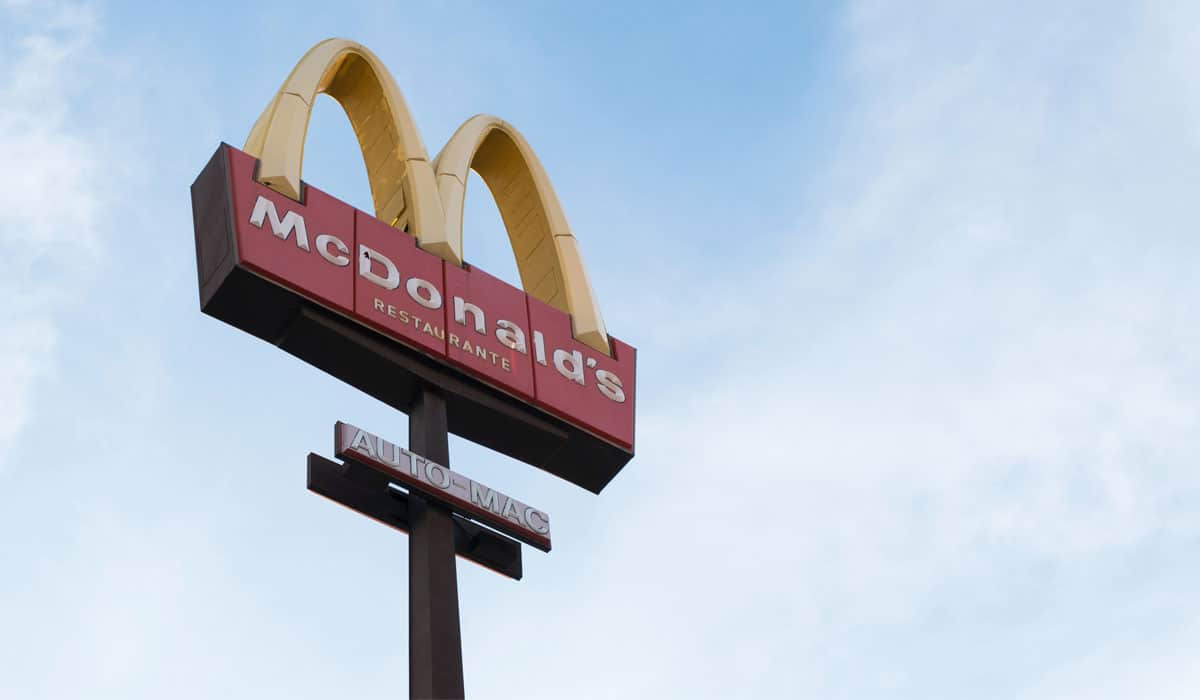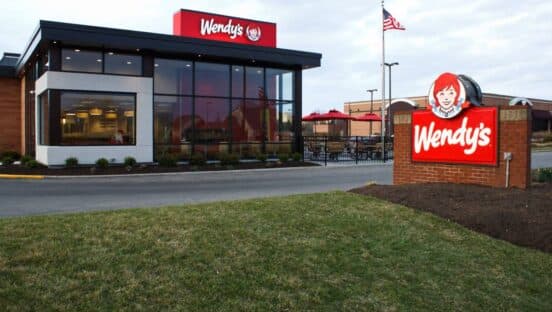McDonald’s is being sued by 52 Black former franchisees who allege the fast-food giant pushed them toward poorer neighborhoods and didn’t provide the same opportunities as their white counterparts.
The lawsuit is seeking roughly $1 billion, or damages averaging $4 million to $5 million per store. The group of franchisees operated more than 200 stores between 1988 and 2018 and claim McDonald’s steered them toward “economically depressed” stores that had higher costs and lower sales. The lawsuit referred to it as “financial suicide missions.”
The filing also includes accusations of misleading financial data, excluding plaintiffs from purchasing stores on the open market, retaliation for rejecting offers to operate in “crime-ridden” neighborhoods, denial of support given to white franchisees, and schemes to generate bad reviews.
The court document said it was “systematic and covert racial discrimination” targeted against Black franchisees.
MORE ON MCDONALD’S:
McDonald’s says Former CEO Easterbrook’s Claims Have ‘No Legal Merit’
“But for Plaintiffs’ race, McDonald’s would have offered Plaintiffs profitable restaurant locations, opportunities for growth and expansion, on equal terms as White franchisees, rather than forcing them out after decades of sweat and tears dedicated to the franchise,” the court filing said.
James Ferraro, attorney for the plaintiffs, told USA Today that McDonald’s gave the former franchisees “crappy franchises with little likelihood of long-term survival … They weren’t there to support them.”
To illustrate the point, the lawsuit claims average annual sales were about $2 million, which is more than $700,000 lower than the chain’s national average of $2.7 million between 2011 and 2016 and even smaller than the $2.9 million average in 2019. The complaint said bankruptcy often happened as a result of the sales disparity.
The filing also claims the number of Black franchisees has decreased from 377 in 1998 to 186 in 2020. At the same time, the number of franchised restaurants has grown from 15,086 to 36,059, the lawsuit said.
In response, McDonald’s claimed the allegations “fly in the face of everything we stand for” as an organization and as a partner to communities and small business owners.
The chain also said it’s highly inaccurate to suggest that it limits opportunities for Black franchisees in certain communities. The company noted that it doesn’t place franchisees into franchises. While McDonald’s recommends locations, the franchisee ultimately selects the area.
McDonald’s added that former franchisees who initiated the lawsuit operated restaurants in a “wide variety of communities throughout the country,” which the brand said undermines the allegations in the complaint.
In reference to the lowering of Black franchisees, the company said over the last several years, there’s been consolidation in the total number of franchise organizations across all demographic groups. In addition, the restaurant said the overall representation of Black operators in the system is broadly unchanged.
“Not only do we categorically deny the allegations that these franchisees were unable to succeed because of any form of discrimination by McDonald’s, we are confident that the facts will show how committed we are to the diversity and equal opportunity of the McDonald’s System, including across our franchisees, suppliers and employees,” the company said in a statement.
The lawsuit includes quotes from CEO Chris Kempczinski, who said on CNBC in June that “McDonald’s has created more millionaires within the Black community than probably any other corporation on the planet.” It also has McDonald’s response to George Floyds death, when the chain stated “We do not tolerate inequity, injustice, or racism.”
But the complaint calls these statements “patently false” and exposes a split between how the brand perceives itself as a recruiter and developer of Black entrepreneurs and its true record on race.
“McDonald’s proclaims a commitment to racial equality, profits from its Black customers, yet places Black franchisees in locations that are destined to fail, with low-volume sales and high operating costs, leading to consistent profit shortfalls or losses, impeding Black franchisees’ efforts to grow as they acquire other stores, necessary for success under McDonald’s own franchise model, to force Black franchisees out, repeating this pattern of misconduct over and over again,” the complaint said.
September’s court filing wasn’t the first time McDonald’s has been accused of racial discrimination this year. In January, two McDonald’s executives from Dallas filed a lawsuit, accusing the brand of racism. The lawsuit accuses McDonald’s of consistently not promoting black leaders within the company. It also states that the racism became more prevalent when former CEO Steve Easterbrook and other new executives joined the company in 2015.
However, McDonalds at the time said the company has decreased the number of officer level positions over the last five years. The brand added that any decrease in representation of Black officers is broadly proportional to the decrease of all officers over the last several years.
The chain also noted that in March 2019, it launched the Black and Positively Golden marketing campaign, the largest Black marketing campaign at McDonald’s in the last 16 years.










